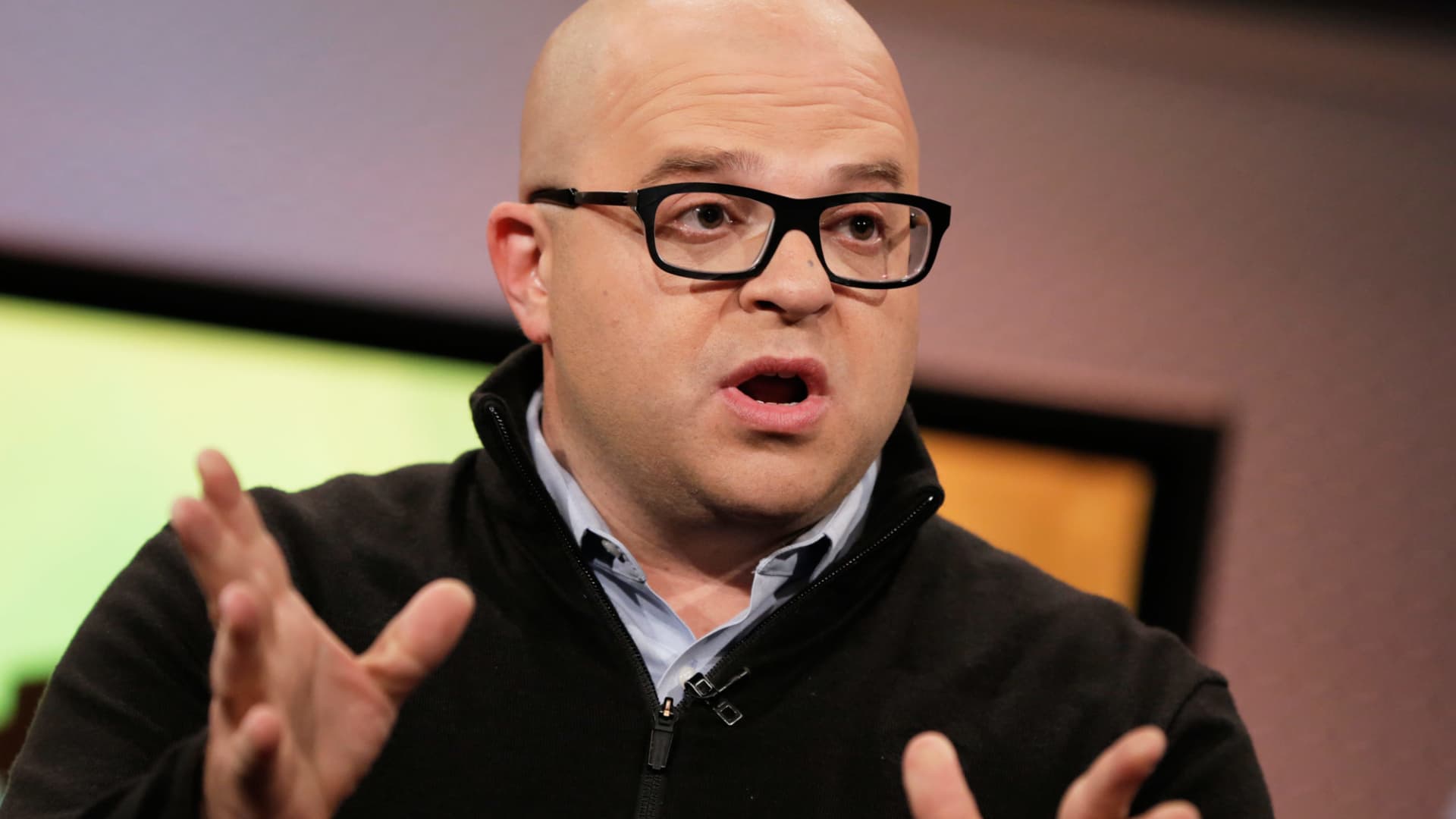Turkey May Recall Ambassador From Israel
"At a time when all these actions are underway and because we are so closely interested in the peace process and (we are wondering) what more we can do to revive the peace process… in order to evaluate all these, our ambassador may come back in the next few days," Gul told journalists.
"He may come, exchange views and go back again," he told a joint press conference with visiting Bulgarian Foreign Minister Soloman Passy, reported Agence France-Presse (AFP).
Addressing a parliamentary session on developments in the Middle East and Iraq on Tuesday, May 25, Gul lashed out at Israel for its bloody operations in the Gaza Strip.
"We are worried that if these (incidents) continue, the situation will go out of control and pave the way for a climate with unpredictable consequences."
Last week, Turkish Prime Minister Recep Tayyip Erdogan described Israel ‘s military aggressions against Palestinians as "state terror."
The Israeli military offensive on the southern Gaza Strip city of Rafah and its refugee camp has claimed the lives of up to 62 Palestinians, flattened 155 homes and drove some 2000 residents homeless.
Ambassador To Palestinians
Gul also hinted that Turkey might be sending an ambassador to head its consulate in occupied Jerusalem .
"Such things happen in practice. Some countries in Europe appoint to Jerusalem diplomats who have served as ambassadors. This is possible," he said.
The remarks came a day after Gul said that Turkey , which has long been Israel ‘s chief ally in the Muslim world, intended to boost its links with the Palestinians.
Addressing parliament on Tuesday, May 25, the top diplomat said his government had appointed a former minister as a special representative to coordinate planned efforts to increase economic, social and cultural ties with the Palestinians.
‘Not Happy’
Erdogan met Tuesday with Israeli National Infrastructure Minister Yosef Paritzky, who said the Turkish leader had been forthright in his criticism of Israel ‘s assassination of two Hamas leaders and a recent huge raid on the Gaza Strip, Haartez reported on Wednesday.
"The prime minister was very unhappy, to say the least," Paritzky was quoted by the Israeli daily as telling a small group of reporters.
"He claimed that the activities of the State of Israel do not promote peace…[But] he is willing to offer his services to mediate, negotiate and bring peace to the area."
Erdogan accused Israel in March of "terrorism" after its assassination of Hamas leader Sheikh Ahmed Yassin on his way back from dawn prayers.
In a newspaper interview at the time, he said the assassination had seriously damaged peace efforts and there was "nothing left to mediate".
Last November Erdogan turned down a request by Israeli Prime Minister Ariel Sharon for a brief visit, while in April a visit by Sharon ‘s deputy, Ehud Olmert, was postponed without explanation.
Sharon visited Turkey in 2001, where he held talks with government officials of then Prime Minister Bulent Ecevit on boosting bilateral relations.
Economic Cooperation
But Turkish and Israeli officials however stressed that economic cooperation will go on.
Paritzky and Turkish Energy Minister Hilmi Guler witnessed the signing of a multi-billion-dollar deal between Turkish conglomerate Zorlu Holding and Dorad Energies of Israel for the construction of a power station in Israel .
They also discussed planned Turkish exports of water, the inauguration of which is awaiting Israel ‘s decision on how the water will be transported.
Asked about the criticism directed at his country in the Turkish parliament, Paritzky said: "I am sorry about the debate in parliament, but this will not damage the friendship between our countries".
Turkey , a strictly secular Muslim country, has been Israel ‘s main regional ally since 1996, when the two signed a military cooperation accord angering most Arab countries and Iran .
Trade between the two countries has risen steadily from $100 million a year in the early 1980s, to $800 million in 1998.
Palestinians have also urged Ankara to cut off its relations with Israel in an effort to press for an end to the Israeli army’s repressive practices.


